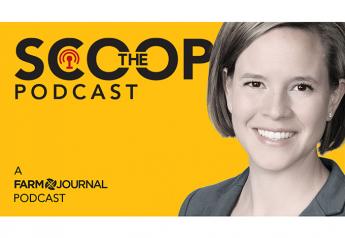Judge Strikes Glyphosate Labeling Requirement in California

U.S. District Court Judge William Shubb issued a preliminary injunction prohibiting California from implementing its Proposition 65 labeling requirement for glyphosate. The judge cited harm to the agricultural economy in his decision.
This injunction was sought out by more than a dozen agricultural groups, including commodity organizations, industry representatives and eleven attorneys general across the U.S. The decision will halt California’s labeling requirement until a final ruling is issued later in court. Glyphosate is used on more than 250 crops.
“As applied to glyphosate, the required warnings are false and misleading,” Shubb said when issuing his ruling. “[Given] the heavy weight of evidence in the record that glyphosate is not in fact known to cause cancer, the required warning is factually inaccurate and controversial.
“It is inherently misleading for a warning to state that a chemical is known to the state of California to cause cancer based on the finding of one organization (which as noted [earlier in his remarks], only found that substance is probably carcinogenic, when apparently all other regulatory and governmental bodies have found the opposite, including the EPA, which is one of the bodies California law expressly relies on in determining whether a chemical causes cancer,” he continued.
For at least the 2017 season, glyphosate manufacturer and creator, Monsanto, won’t have to include cancer warning on the label.
“This ruling is the first step toward overturning California’s unjustified listing of glyphosate under Prop 65,” said Scott Partridge, Monsanto vice president of global strategy. “More than 800 scientific studies, the U.S. EPA, the National Institutes of Health and every regulatory body in the world agree that glyphosate can be used safely. In the end, we hope the Court will take the side of science and American farmers and overturn this flawed listing.”







